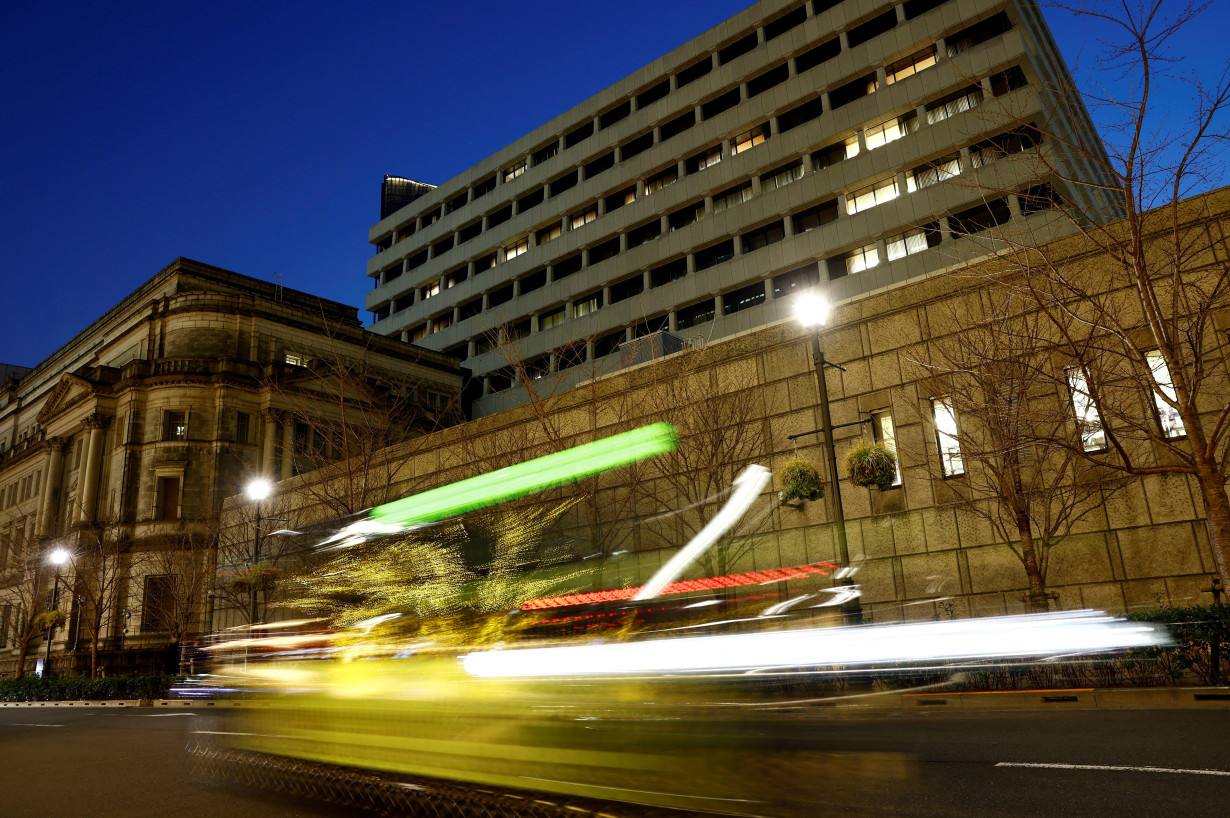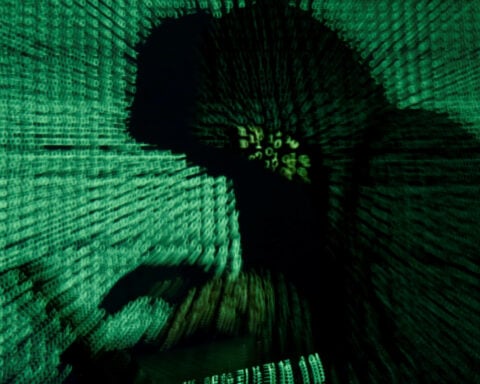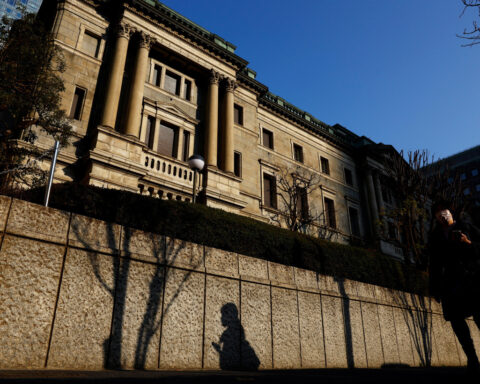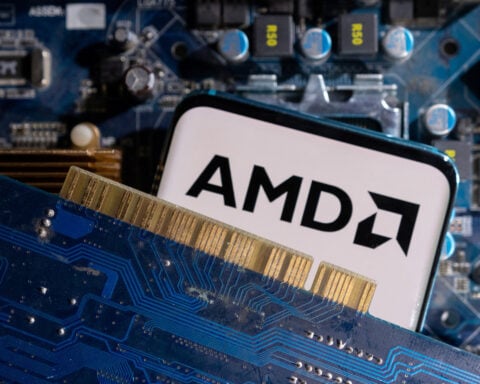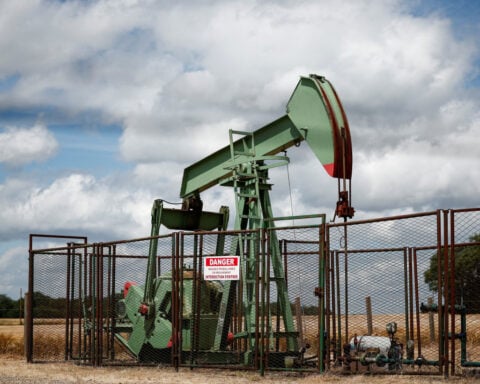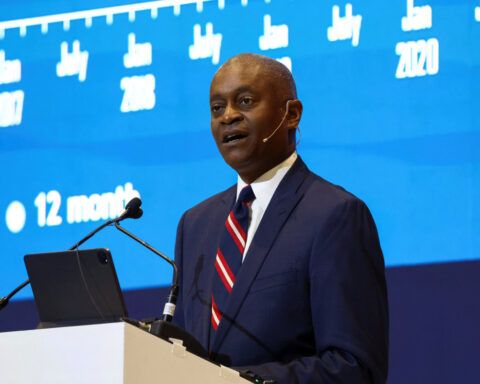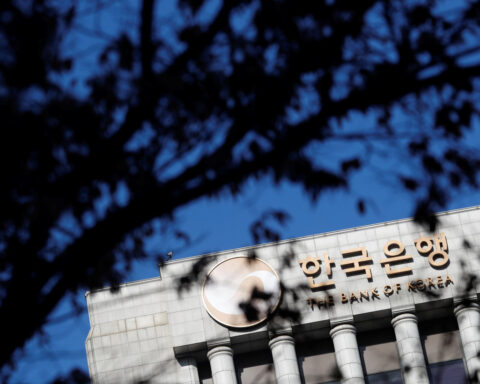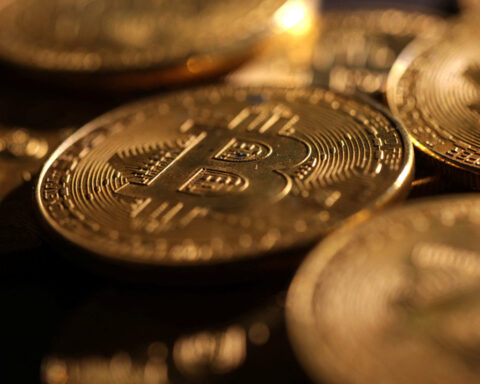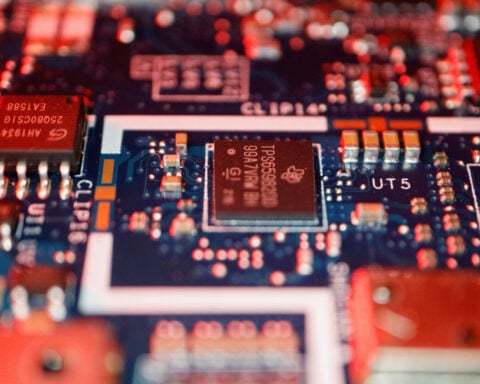By Leika Kihara and Takahiko Wada
TOKYO/MATSUMOTO (Reuters) -The Bank of Japan must raise interest rates to at least 1% by the second half of the fiscal year beginning in April, hawkish board member Naoki Tamura said on Thursday, remarks that pushed up the yen as they reinforced bets of a near-term rate hike.
Inflationary risks were building up as companies continue to pass on rising raw material and labour costs, which required lifting the BOJ's policy rate to levels deemed neutral to the economy, he said.
Tamura said he sees Japan's neutral rate to be at least 1%, adding rates must reach that level by the latter half of fiscal 2025, when the outcome of annual wage negotiations will likely confirm broad-based pay increases including for small firms.
"If short-term interest rates stay below the level of the neutral interest rate, this will further push up inflation," Tamura said in a speech delivered in a meeting with business leaders in the central Japanese prefecture of Nagano.
The dollar briefly fell to a two-month low of 151.81 yen after Tamura's remarks, as markets continued to price in the chance of a near-term rate hike.
The two-year Japanese government bond (JGB) yield hit 0.765%, the highest level since October 2008. Markets are pricing in roughly a 50% chance of another rate hike in July.
A former commercial banker seen as the most hawkish member of the board, Tamura said inflation expectations among firms and households likely already reached 2%.
But he said the BOJ must time its rate hikes carefully without any preconception given the potential impact on the Japanese public, who have long experienced ultra-low rates.
"Bearing in mind that short-term interest rates should be at 1% by the second half of fiscal 2025, I think the Bank needs to raise rates in a timely and gradual manner, in response to the increasing likelihood of achieving its price target," he said.
"Even if the policy rate was to be raised to 0.75%, real interest rates would remain significantly negative," he said, adding there would "still be a long way to go" before reaching a level that would cool growth.
"Put differently, now is the time for the Bank to ease off slightly from pressing hard on the accelerator of monetary easing, so that it can slow down when necessary while avoiding a harsh brake," Tamura said.
But Tamura made no explicit comment on how soon the BOJ could tighten policy again.
"There is no such preconception that interest rates should be raised every half a year," Tamura said at a news conference after the meeting.
"The central bank will carefully assess the economy, prices and financial conditions," he said, adding that the timing of rate hikes could be pushed back or moved forward depending on data.
The BOJ raised interest rates last month to 0.5%, their highest since the 2008 global financial crisis, reflecting its conviction that Japan was on track to sustainably achieve its 2% inflation target.
BOJ Governor Kazuo Ueda has signalled his readiness to keep raising rates if sustained wage gains underpin consumption, and allow firms to continue raising prices. But he has refrained from stating the exact level of Japan's neutral rate.
Tamura's remarks follow recent data showing broadening wage hikes, including Wednesday's survey showing a steady rise in base salary in December.
They also underscore how the BOJ is steadily moving away from the radical stimulus undertaken by former Governor Haruhiko Kuroda that focused on reflating lacklustre growth.
In a review of the pros and cons of past monetary easing steps released in December, the BOJ said its former massive stimulus had a positive impact on the economy as a whole.
But Tamura said it was "a stretch" to say the overall effect of the BOJ's massive stimulus was positive. He also called for scrutiny on whether the policies could cause side-effects in the future, such as excessive yen declines.
(Reporting by Leika Kihara and Takahiko Wada; Additional reporting by Makiko Yamazaki; Editing by Shri Navaratnam, Jacqueline Wong and Sam Holmes)

 Trump has begun another trade war. Here's a timeline of how we got here
Trump has begun another trade war. Here's a timeline of how we got here
 Canada's leader laments lost friendship with US in town that sheltered stranded Americans after 9/11
Canada's leader laments lost friendship with US in town that sheltered stranded Americans after 9/11
 Chinese EV giant BYD's fourth-quarter profit leaps 73%
Chinese EV giant BYD's fourth-quarter profit leaps 73%
 You're an American in another land? Prepare to talk about the why and how of Trump 2.0
You're an American in another land? Prepare to talk about the why and how of Trump 2.0
 Chalk talk: Star power, top teams and No. 5 seeds headline the women's March Madness Sweet 16
Chalk talk: Star power, top teams and No. 5 seeds headline the women's March Madness Sweet 16
 Purdue returns to Sweet 16 with 76-62 win over McNeese in March Madness
Purdue returns to Sweet 16 with 76-62 win over McNeese in March Madness
